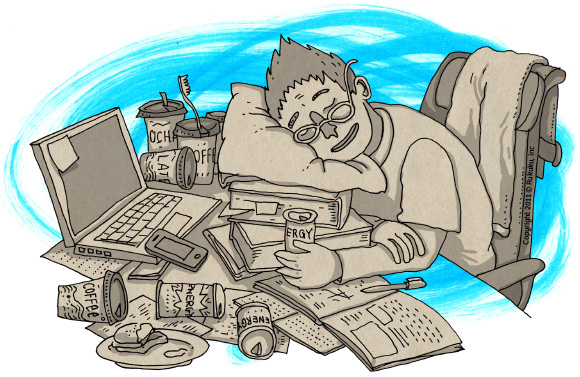While the rapid introduction of new technology into the world of education brings many obvious benefits, it’s worth noting that it creates a host of new problems. An overview of some of the most discussed issues follows.
Cost and socioeconomic disparity. As alluded to in the previous post, the cost of adopting new technologies can be prohibitively high, especially for economically disadvantaged students and locales. The ubiquitous iPad, for example, will set you back at least $500. The fear, then, is that technology could widen the socioeconomic education gap because the quality of education for students of affluent backgrounds, or those that attend cash-rich schools and universities, will skyrocket ahead, while that of their poorer counterparts languishes in mediocrity.
Resistance to the adoption of tech by educators. This problem stems from a very simple set of circumstances. Much of the faculty, both at schools and at universities, is not technologically savvy. The primary reason for this is pretty obvious: the only kind of Blackboard your 60-year old history professor knew when he was growing up was the kind that gave him chalk allergies and occasionally made dreadful screeching noises. Without ever having seen the benefits of new advances convincingly demonstrated, many educators either ignore or actively resist introducing technology into the classroom.
Red tape and institutional resistance. Resistance from bureaucracy is nothing new. Smaller and more autonomous institutions have had an easier time transitioning to new methods of learning; unfortunately, bringing change to a big public education system is like rolling a giant boulder up a hill. It shows: as late as 2010, over a third of US schools still did not have internet access.
Technology as a distraction. Many educators and schools are concerned that introducing iPads, computers, and internet access into the classroom will facilitate students’ knowledge of Farmville rather than science and math. It’s hard to argue with this one; anyone who has sat in the back of a college lecture hall knows that this is a valid concern. By the way, if this is an issue for you, check out our procrastination post.
Lack of research on the effectiveness of particular technologies. Because much of the technology we use in education is so new, there is no conclusive, thorough, peer-reviewed research on its effectiveness.
These concerns are legitimate and serious, and rightly invite robust discussion among stakeholders in education. However, here at Rukuku, we know a couple of things for sure. The problems are not insurmountable, and solving them will only reinforce a very exciting expectation: that technological advancement holds the promise for vast improvements in teaching and learning.
In the next installment, I’ll be discussing the various solutions to the problems outlined here, as well as the very exciting prospects for education in the near future.
[sources for this article: 1, 2, 3]
*Edit 02.03.12: fixed faulty link.





